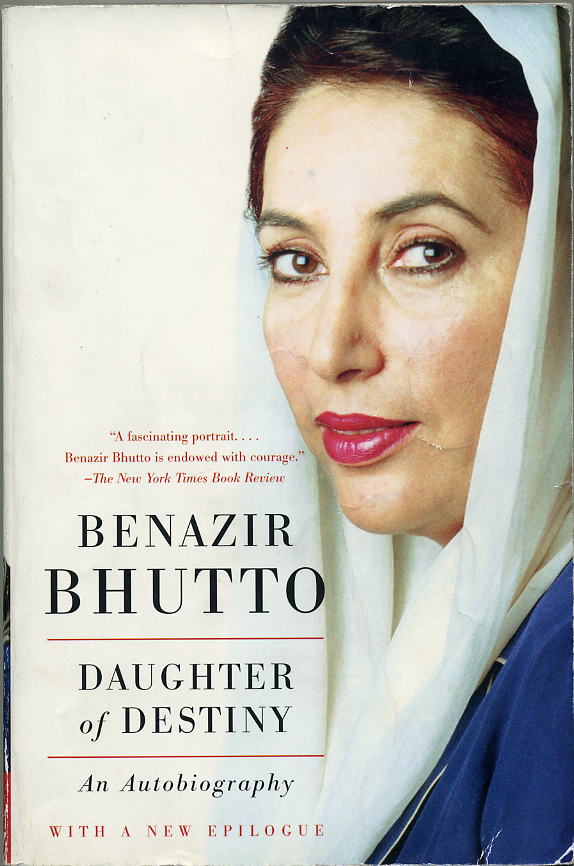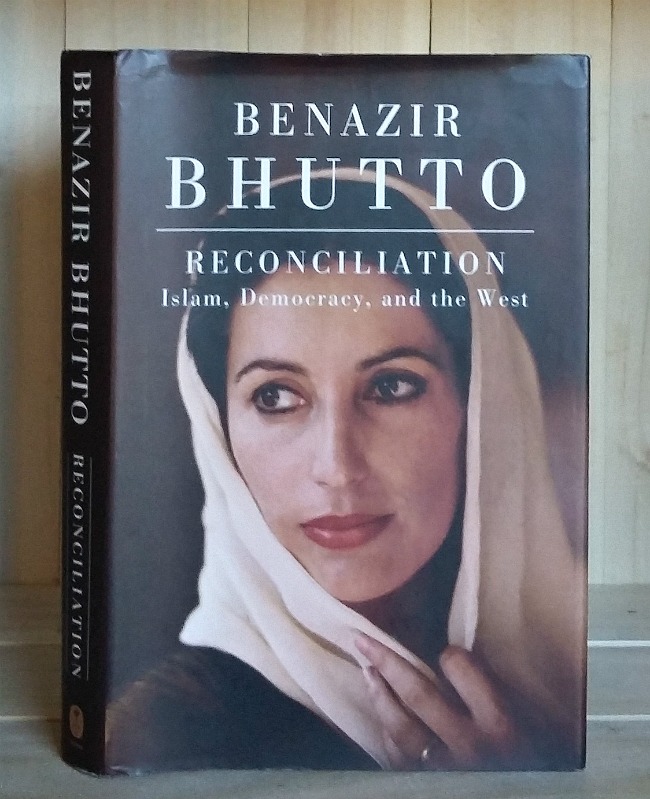
To that end, she quotes the Quran a lot, noting that civil rights are guaranteed for both men and women according to the Quran, but that tribal law has often superseded the Quran itself when official interpretations were set down. Leonardo A.In this book, Bhutto's thesis is that democracy and Islam are not mutually exclusive. Empirically rich, theoretically sophisticated, and with important policy implications, this book is sure to be widely considered as one of the most important of the spate of works on Islam and democracy to appear in recent years.” Based on long and careful fieldwork, the book explores the ways in which the people whose lives are at stake themselves struggle to define what a just, moral, and democratic society might entail. Kendhammer’s pathbreaking work makes a huge contribution in helping to fill this gap. The simultaneous return to democracy and adoption of sharia in northern Nigeria beginning in 1999 is one of the most consequential examples of this phenomenon, yet one that remains poorly understood. To the surprise of many, the politics of democratization across the Muslim world have been accompanied by a rise of religious activism in the public sphere. “Kendhammer’s book explores the relationship between Islam and democracy in one of the most complex and intriguing contexts where that relationship is being debated and negotiated.

Read More about Muslims Talking Politics Read Less about Muslims Talking Politics In doing so, he uncovers valuable new lessons-ones rooted in the real politics of ordinary life-for how democracy might work alongside the legal recognition of Islamic values, a question that extends far beyond Nigeria and into the Muslim world at large.



Combining an innovative analysis of Nigeria’s Islamic and political history with visits to the living rooms of working families, he sketches how this reconciliation has been constructed in the conversations, debates, and everyday experiences of Nigerian Muslims. Kendhammer argues that despite Nigeria’s struggles with jihadist insurgency, its recent history is really one of tenuous and fragile reconciliation between mass democratic aspirations and concerted popular efforts to preserve Islamic values in government and law. But where-Brandon Kendhammer asks in this book-have the voices of ordinary, working-class Muslims been in this conversation? Doesn’t the fate of democracy rest in their hands? Visiting with community members in northern Nigeria, he tells the complex story of the stunning return of democracy to a country that has also embraced Shariah law and endured the radical religious terrorism of Boko Haram. For generations Islamic and Western intellectuals and policymakers have debated Islam’s compatibility with democratic government, usually with few solid conclusions.


 0 kommentar(er)
0 kommentar(er)
